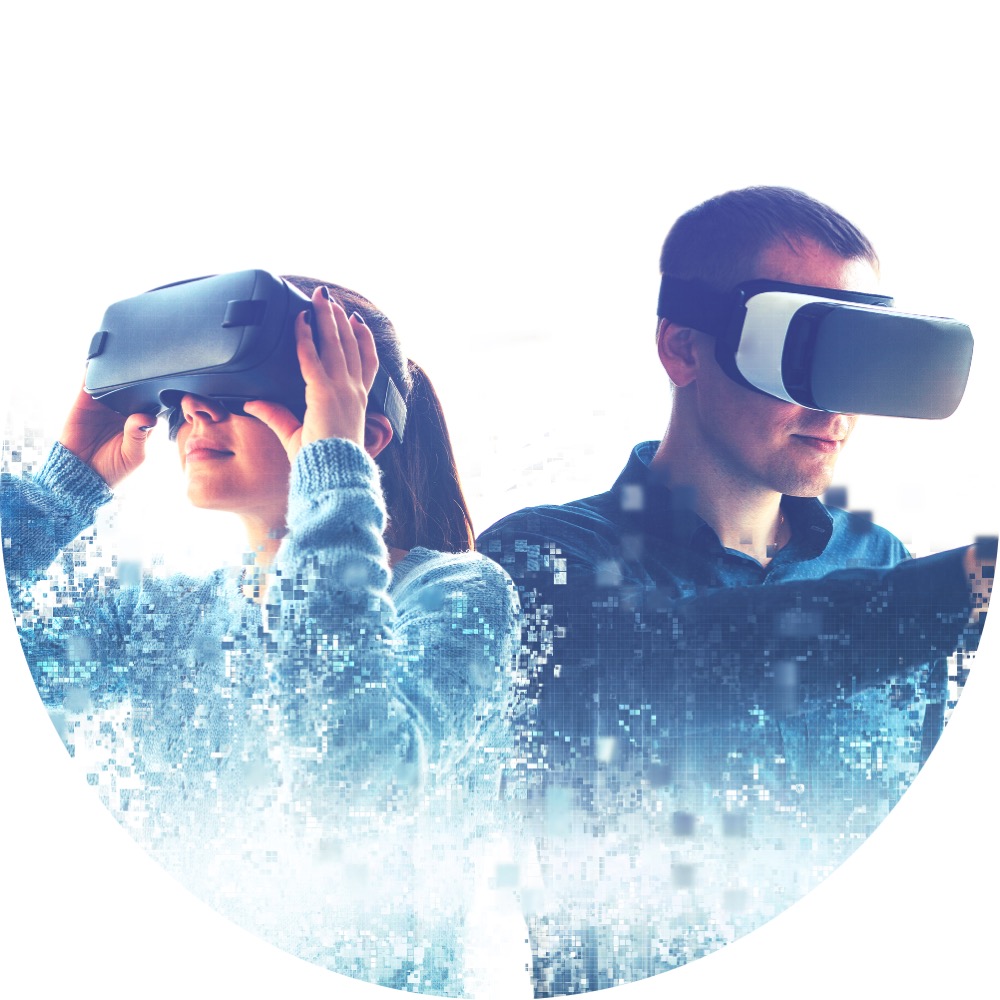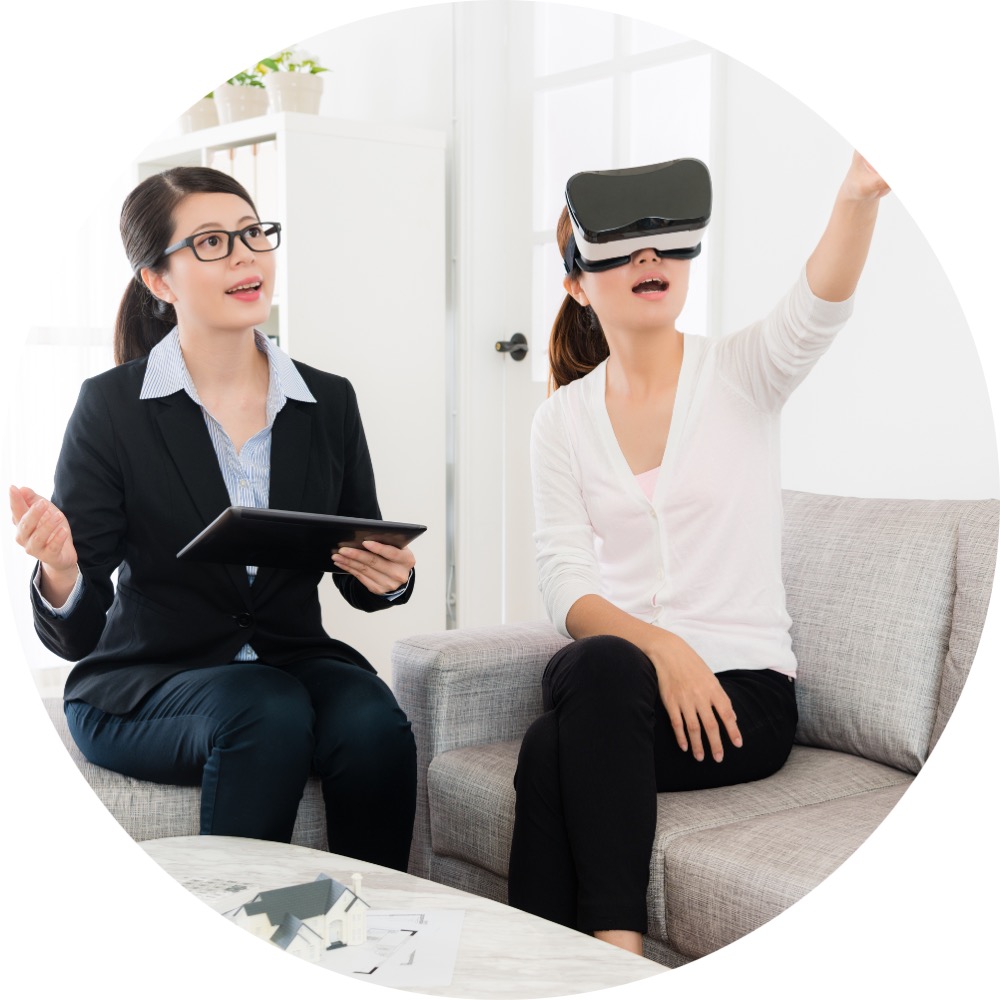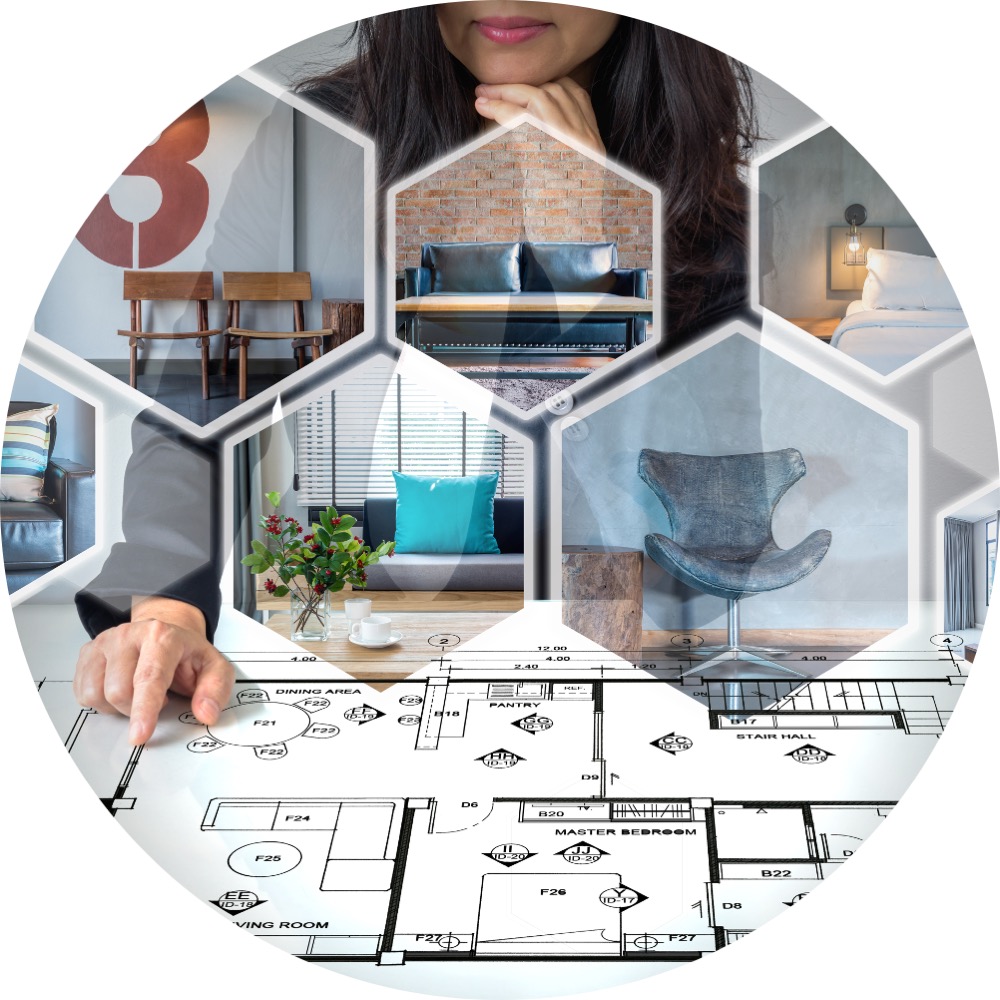Asia News
- Home
- News
- Asia News
You've successfully copied this link.
How VR technology is transforming real estate marketing

Virtual reality property marketing is not only essential today but can help save time and money.
There's a game changer in the real estate industry and it's already transforming the way the industry functions. It’s called virtual reality (VR) technology which is creating a paradigm shift that has caught the attention of a lot of brands.
With consumers going online more and more to shop and buy everything, including property, it has become particularly important for marketers of real estate to adopt this new technology especially in the face of the ongoing COVID-19 pandemic.
As it is, in China alone there are 904 million internet users1, and Juwai IQI, through its portals Juwai.com and Juwai.asia, has 5.5 million monthly active users searching for overseas properties on the internet.
 Why adopt VR technology?
Why adopt VR technology?
Traditionally, a prospective buyer would have to go through a lengthy, complicated process to research and visit homes. Similarly, the seller would have to constantly adjust to new requirements and visiting schedules. This is proving to be challenging in current times as COVID-19 continues to curb travel and meetings.
By embracing VR, real estate professionals can shorten the buying journey and help both buyers and sellers navigate the process more efficiently and easily.
Some of the advantages of VR in real estate include:
-
Building your brand: A way to stand out from the pack as a tech-forward agent or developer that is in touch with current trends
-
Provide an all-in-one media solution: 3D tours, photos, floorplans that can be delivered at scale, across all your locations.
-
Cost-effectiveness: VR replaces some of the traditional marketing initiatives while eliminating the costs of staging a physical property.
-
Save time: With these technologies, buyers need not travel to a property to see it; they can take a virtual tour from wherever they are at any hour of the day, saving time and money.
-
Global reach: Because users can virtually view properties from anywhere in the world, realtors are no longer limited to a local audience.
-
Increase buyer enquiries: Draw engagements online and create efficiency in the search and viewing process.
 Virtual tours
Virtual tours
If you are a real estate developer or agent looking to attract potential clients from overseas, VR technology allows millions of people to virtually visit properties without leaving their homes through virtual tours. If they want a more immersive experience, they just need to put on a VR headset and instantly they are transported to a three-dimensional walkthrough of properties. In a matter of minutes, potential buyers can virtually visit dozens of locations and shortlist their picks.
There are two types of 3D virtual tours:
-
Guided tours are much like promotional videos but are either fully virtual or in the form of 360-degree videos. They are perfect for existing properties as they’re rather simple to produce – you can even use your smartphone to create them. For 360-degree videos, no programming or sophisticated rendering is needed. If your clients want a more immersive experience, they can wear a VR headset.
-
Interactive tours let users navigate through a property by clicking on special areas within their view. Creating interactive virtual home tours is more complicated, but they let buyers get a better feel of the property.
 Virtual staging
Virtual staging
One of the most effective techniques to quickly sell a home is to let the buyer imagine how their new home will look like once they have moved in. Homebuyers are more attracted to images with well-furnished interiors rather than those of an empty home. A showroom is a perfect example of how developers try to portray the attractiveness of a property where furniture and amenities have been included. But this means physically building a model showroom and fitting it.
Through VR technology, there is now a better and a more cost-effective way and it’s called virtual staging, a process whereby an empty property can be digitally filled with furniture, decor, and accent pieces based on the aesthetics and personality of the home.
Although virtual staging of homes has been around for years, it is expected to become more the norm due to changes in the industry brought about by COVID-19 and health and safety regulations.
For developers, besides saving costs, they can showcase their 3D tours through a multitude of marketing channels and social media platforms to get people talking and increase sales and brand awareness. A good portion of marketing comes down to selling a dream, so having the ability to showcase your property in its best light can do wonders when marketing a project.
Ultimately, VR in real estate will save time, money, and increase efficiency whilst allowing listings to reach a global audience.
Source: 1. SCMP: China Internet Report 2020
Liked this article? Sign up for free to get Juwai Juwai Asia Market updates!
Sort By
- 2025
- 2023
- 2022
- 2021
- 2020
- 2019
- 2018
- 2017
- 2016
- 2015
- 2014
- 2013
- 2012
Tags
- australia
- china
- chinese buyers
- investment
- juwai
- property
- real estate
- residential
- united kingdom
- united states
Resources
Our Property Marketplaces
Juwai.com >
Global property portal available in Chinese
Juwai.asia >
Asia wide portal for global real estate
Juwai News
Subscribe to receive the latest news on Asian buyers, the Asia market, and Juwai.
Thank you for subscribing to Juwai News!
Sign up for a Juwai Account now for free to enjoy FREE download access to country-specific reports on Chinese property investments.
Do you want to sign up now? Or continue if you have already signed up or you will do it later.
Thank you!
You’ve just subscribed to get updates
to the Chinese Buyer Tips blog by email.
2025 © Juwai. All Rights Reserved Privacy Policy | Terms of Service


